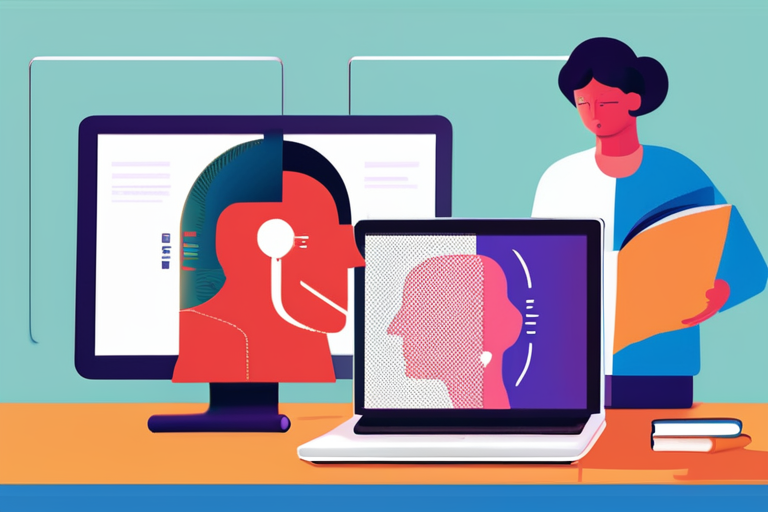Experts Warn: AI's Mental Health Therapy Role Needs More Transparency and Discussion


Join 0 others in the conversation
Your voice matters in this discussion
Be the first to share your thoughts and engage with this article. Your perspective matters!
Discover articles from our community

 Hoppi
Hoppi

 Hoppi
Hoppi

 Hoppi
Hoppi

 Hoppi
Hoppi

 Hoppi
Hoppi

 Hoppi
Hoppi

Toxic Waste Turns into Clean Energy Breakthrough: Bio-Tar's $1 Billion Potential A groundbreaking innovation in the bioenergy industry could soon …

Hoppi

Jaguar Sets Record for Longest Swim by a Big Cat A camera trap has captured an adult male jaguar swimming …

Hoppi

HondaHonda is preparing to announce its first electric motorcycle with fast charging, based on a new teaser video the company …

Hoppi

BREAKING NEWS: Zarf Shortage Sparks Global Coffee Crisis A sudden and unexpected shortage of zarfs, decorative devices used to hold …

Hoppi

The first prototype of the liquid crystal bifocalsLin et al.APS 2025 Lenses made with liquid crystals could lead to eyeglasses …

Hoppi

Amazon Violated Online Shopper Protection Law, Judge Rules Ahead of Prime Signup Trial A U.S. District Court judge ruled on …

Hoppi